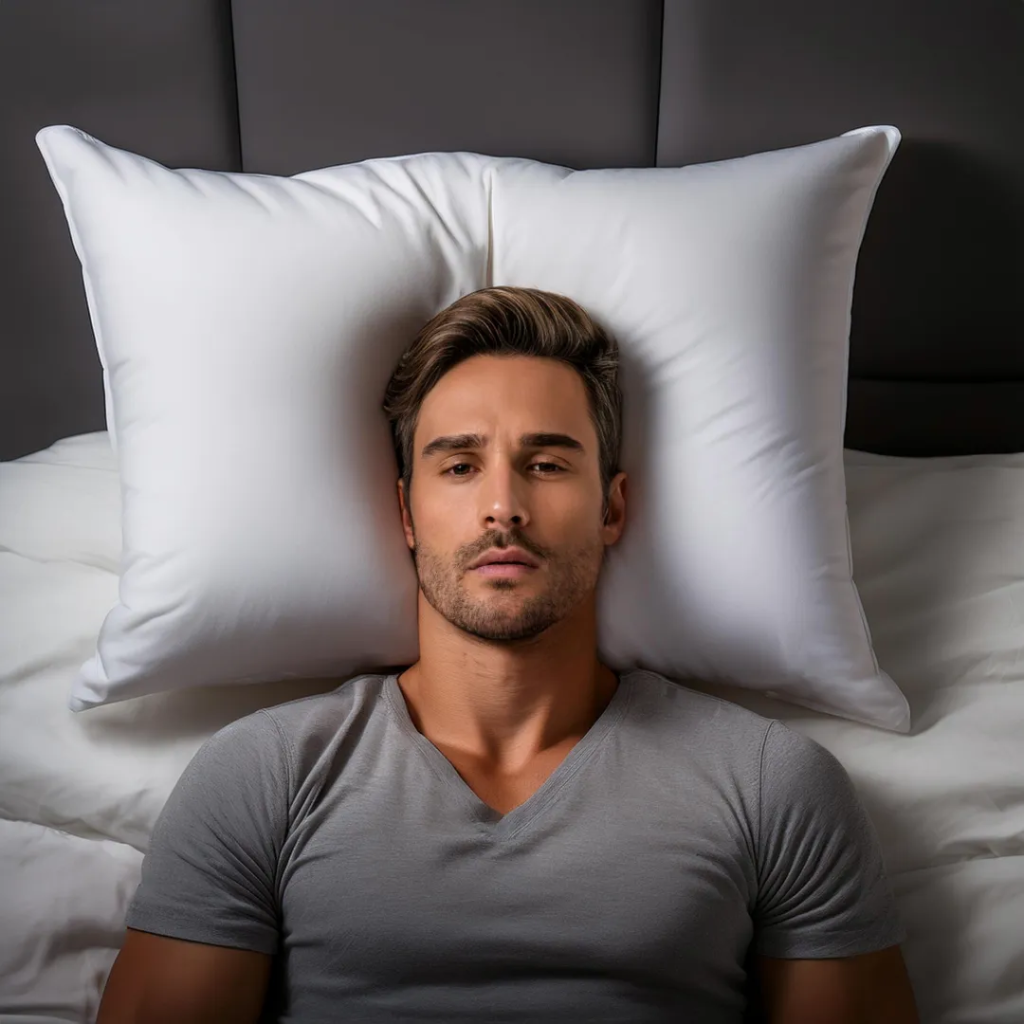The Impact of Alcohol on Sleep: Separating Fact from Fiction
A nightcap might seem like the perfect way to relax and drift off to sleep, but the relationship between alcohol and sleep is more complex than it appears. While alcohol may help you fall asleep faster, it can significantly disrupt the quality of your sleep, leading to grogginess and fatigue the next day.
In this article, we’ll explore the effects of alcohol on sleep, debunk common myths, and provide tips for maintaining healthy sleep habits.

How Alcohol Affects Sleep: The Science
Alcohol interacts with your brain and body in ways that can both help and harm your sleep. Here’s what happens when you consume alcohol before bedtime:
1. Initial Sedative Effect
- Alcohol acts as a depressant, slowing down brain activity and making you feel drowsy.
- This sedative effect may help you fall asleep more quickly, but it’s only temporary.
2. Disruption of Sleep Stages
- Sleep occurs in cycles, including rapid eye movement (REM) and non-REM stages. REM sleep is essential for memory consolidation, emotional regulation, and overall brain health.
- Alcohol suppresses REM sleep, leading to fragmented and less restorative rest.
3. Increased Wakefulness in the Second Half of the Night
- As alcohol metabolizes, its sedative effects wear off, often causing people to wake up frequently during the night.
- This results in lighter, disrupted sleep that leaves you feeling unrested.
4. Impact on Breathing
- Alcohol relaxes the muscles in the throat, increasing the risk of snoring or sleep apnea. This can further reduce sleep quality and oxygen intake during sleep.
Separating Fact from Fiction: Alcohol and Sleep Myths
Myth 1: Alcohol is a Sleep Aid
- Fact: While alcohol may help you fall asleep, it disrupts the natural sleep cycle and reduces overall sleep quality. The grogginess you feel the next day is a sign of poor restorative sleep.
Myth 2: A Small Amount of Alcohol Won’t Affect Sleep
- Fact: Even moderate amounts of alcohol can interfere with REM sleep and increase nighttime awakenings. The impact varies depending on factors like tolerance, timing, and individual metabolism.
Myth 3: Alcohol Helps You Stay Asleep
- Fact: Alcohol’s sedative effects wear off quickly, leading to fragmented sleep and early-morning wakefulness.
The Long-Term Effects of Alcohol on Sleep
Regular consumption of alcohol, especially before bed, can have long-term consequences for sleep health:
- Chronic Insomnia: Alcohol-induced sleep disruptions can lead to persistent sleep difficulties.
- Daytime Fatigue: Poor-quality sleep results in low energy, reduced productivity, and irritability.
- Increased Risk of Sleep Disorders: Heavy alcohol use is associated with a higher likelihood of developing sleep apnea and other sleep-related conditions.
Tips for Healthy Sleep Habits Without Alcohol
If you rely on alcohol to unwind before bed, consider these alternatives to improve your sleep naturally:
1. Establish a Relaxing Bedtime Routine
- Practice relaxation techniques like reading, meditation, or gentle stretches to signal your body it’s time to wind down.
2. Optimize Your Sleep Environment
- Invest in a high-quality mattress, such as the Restolex Organic Passion Mattress, for superior comfort and support.
- Keep your bedroom cool, dark, and quiet to promote restful sleep.
3. Limit Alcohol Intake
- Avoid alcohol at least 3-4 hours before bedtime to minimize its impact on sleep cycles.
4. Stay Hydrated
- Alcohol can dehydrate you, which may worsen sleep quality. Drink water alongside alcoholic beverages and before bed.
5. Stick to a Sleep Schedule
- Going to bed and waking up at the same time every day helps regulate your body’s internal clock, improving sleep consistency.
A Better Night’s Sleep with Restolex
Quality sleep starts with the right sleep environment. At Restolex, we understand the importance of restful nights for overall health and well-being. Our premium mattresses are designed to enhance comfort, promote proper spinal alignment, and ensure uninterrupted sleep.
Ready to transform your sleep? Talk to our sleep experts today! Whether you need advice on choosing the perfect mattress or tips for improving your sleep hygiene, we’re here to help.
The Bottom Line
While alcohol might seem like a shortcut to relaxation, its disruptive effects on sleep far outweigh its initial benefits. By understanding how alcohol impacts your sleep and adopting healthier bedtime habits, you can ensure better, more restorative rest. Prioritize your sleep—it’s an investment in your health, energy, and overall quality of life.
Newsletter Sign Up
Join our community to receive exclusive updates, sleep tips, and special offers directly in your inbox. Stay informed and be the first to know about our latest products and promotions.

Contact Us
- 9/1, Ashokapuram, Industrial Suburb, Yeshwanthpur, Bengaluru-560022, India
-
care@restolex.com
Orders@restolex.com
Support@restolex.com -
+91-8750054466
+91-8123018558
